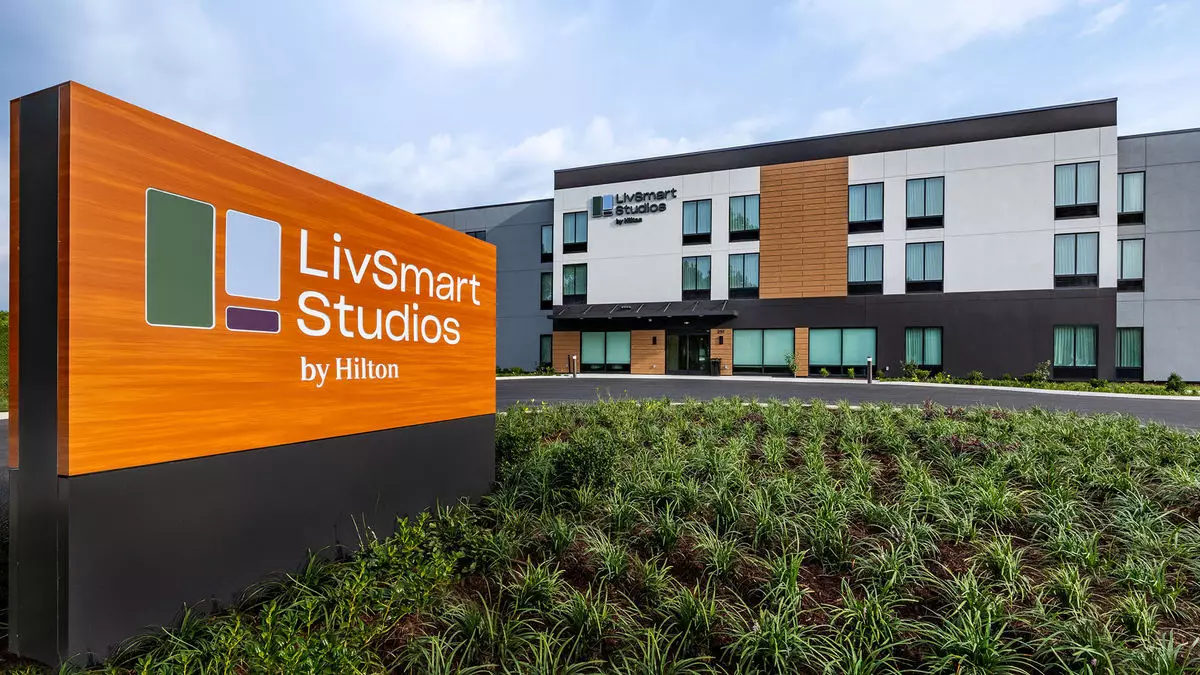Hilton Worldwide’s recent launch of LivSmart Studios marks a significant turning point in the hospitality industry, specifically targeting the often-overlooked segment of long-term, midscale accommodations. By establishing LivSmart in Tullahoma, Tennessee, Hilton demonstrates a clear strategic vision: redefine what extended stays can be by blending apartment-style comfort with the reliability of a global hospitality giant. This effort signifies more than just adding another brand; it reflects a proactive move to seize emerging market opportunities that competitors have hesitated to explore fully.
The concept of a studio with in-room amenities such as a full kitchen, stovetop, dishwasher, and microwave promises to fill a gap that traditional hotels or even standard extended-stay brands rarely address comprehensively. Hilton appears to recognize a shift in traveler preferences—many long-term guests seek homely comforts paired with affordability and flexibility, features that LivSmart aims to deliver. This focus on stays of at least 10 nights positions LivSmart as an appealing option for remote workers, relocating employees, or even families seeking temporary yet independent living arrangements, greatly expanding Hilton’s influence in the evolving hospitality landscape.
Strategic Vision and Market Potential
Hilton’s plan to launch over 90 LivSmart properties across the United States, with numerous deals in progress, reveals an aggressive expansion strategy rooted in confidence rather than mere speculation. By positioning LivSmart alongside veteran brands like Home2 Suites and Homewood Suites, Hilton leverages its extensive experience in extended stays but also signals confidence that LivSmart addresses a uniquely underserved demand segment. The emphasis on the “vastly underserved” market indicates Hilton’s willingness to challenge the status quo, anticipate future demand, and attract a new demographic of travelers seeking longer-term let’s do the math—affordable, functional, and comfortable accommodations.
Furthermore, the timeline of project development—initially announced over two years ago and now opening in 2025—exposes the complexities of executing a new concept in the hospitality industry. The delayed rollout underscores the importance of meticulous planning, market research, and supply chain considerations in establishing a brand that defies the traditional hotel model. Hilton’s readiness to invest in extensive negotiations, with over 225 deals underway, highlights a calculated gamble rooted in confidence that LivSmart can carve out a sizable niche.
Implications for Competitors and Industry Dynamics
Competitor Marriott has already introduced StudioRes, and Hyatt launched Hyatt Studios in 2025—indicating a broader industry recognition of this market’s significance. While Hilton’s LivSmart aims to blend flexibility with the consistency of Hilton’s brand standards, the crowded landscape underscores that the fight for long-term, value-driven accommodations will intensify. Each major hotel chain appears to be betting on this trend, but Hilton’s comprehensive approach—emphasizing the quality of the stay, the appeal of the all-inclusive amenities, and a robust pipeline—positions it as a formidable leader in this space.
This move also reflects a strategic shift in Hilton’s overall portfolio, highlighting a recognition that the traditional hotel model is evolving. Long-term stays are no longer merely a niche but an essential pillar of a diversified hospitality strategy. Hilton’s willingness to innovate boldly cements its position as a forward-thinking industry leader capable of adapting to the changing demands of modern travelers.
—
This analysis underscores that Hilton’s LivSmart Studios isn’t just another brand launch; it’s a calculated, forward-looking response to a long-term market shift. Hilton’s ability to execute this vision across multiple locations could reshape how the industry approaches extended stays, emphasizing comfort, convenience, and value at a scale previously unimagined.


Leave a Reply